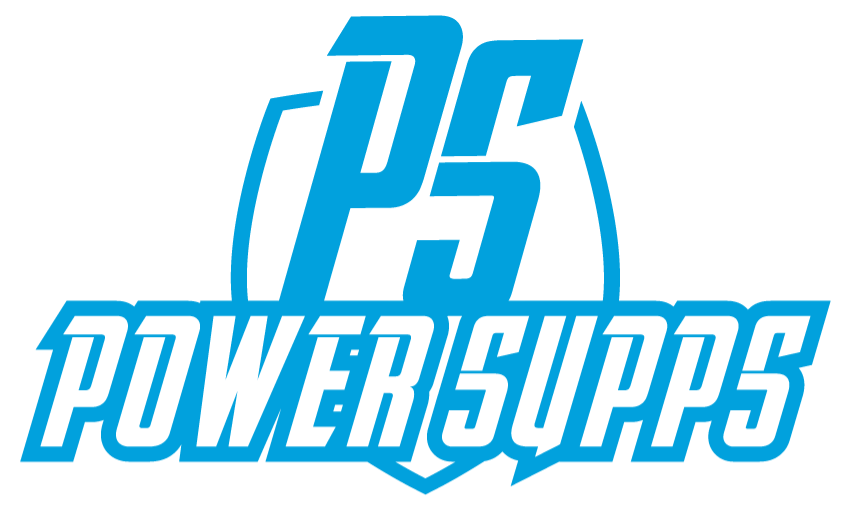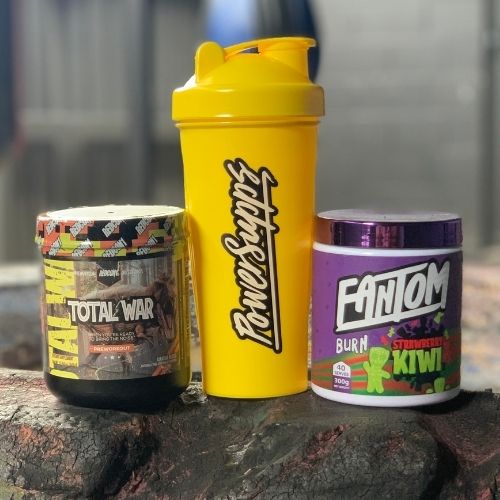Nutrition, Supplements
Can Pre Workout Cause Heartburn? How to Prevent it!
If you’re an avid gym-goer, you’re likely familiar with the boost that pre workouts can provide. However, are you a fitness enthusiast who has been experiencing heartburn after your pre-workout routine? You might be wondering if your pre-workout supplement is to blame. Let’s dive into this a bit deeper.
Is it possible for a pre-workout to cause heartburn?
Yes, it is indeed possible for certain ingredients in pre-workout supplements to cause heartburn. However, it’s important to remember that everyone’s body reacts differently, and what may cause heartburn in one person may not do the same in another.
What are some pre-workout ingredients that may cause heartburn?
It’s essential to be aware of the potential side effects of pre-workout supplements. Some ingredients may lead to digestive issues, including heartburn or acid reflux. Here are five pre-workout ingredients that could potentially cause these discomforts:
Caffeine
Caffeine – the wake-up call for most of us and a common guest in many pre-workout supplements. While it’s great at shaking off sleep and boosting energy, it can also play the role of an unwanted party crasher. By interacting with the tonus of the digestive system, including the stomach and the gallbladder, caffeine can invite acid reflux to the scene (1).
Beta-Alanine
Now the amino acid often added to dietary supplements, beta-alanine promotes improved exercise performance. But beware, it does come with a bit of a ‘sting’ in its tail. It can cause a burning or tingling sensation that often is mistaken as heartburn (2).
Sugar
Many pre workout supplements are high in sugar which can lead to increased stomach acid production and delayed stomach emptying, both of which can contribute to heartburn. Sugary foods can ferment in the stomach, producing gas and increasing intra-abdominal pressure. This pressure can force the lower esophageal sphincter (LES) to open inappropriately, allowing stomach acid to reflux into the esophagus, causing the characteristic burning sensation of heartburn (3).
Other factors that can cause heartburn
As someone who’s serious about their health and fitness, you’re probably already aware that certain pre-workout ingredients can cause heartburn. But did you know that other factors – both inside and outside the gym – can also trigger this uncomfortable condition? Let’s delve a little deeper into this aspect of physical and mental health.
Pre-Workout
Before you even start your exercise routine, a few habits could be setting the stage for heartburn:
- Skipping meals: Heading to the gym on an empty stomach can increase acid production, leading to heartburn.
- Overeating: On the flip side, eating too much before working out can put pressure on your stomach and esophagus, triggering reflux.
- Drinking lots of fluids: While hydration is crucial, consuming large amounts of water or sports drinks before exercising can cause gastric distention and lead to heartburn.
During Workout
Even during your workout, certain actions may contribute to heartburn:
- High-intensity exercises: Activities that involve heavy lifting or intense cardio can increase blood pressure and push stomach acid into the esophagus.
- Incorrect posture: Poor form during exercise can put extra pressure on your abdomen, leading to acid reflux.
- Tight clothing: Wearing clothes that are too tight around the waist can exacerbate heartburn symptoms.
Post-Workout
Finally, what you do after your workout can also impact your digestive health:
- Lying down or sleeping right after your post workout meal: Reclining or going to bed soon after a meal can cause acid to flow back into your esophagus, causing heartburn.
While pre-workout side effects can certainly contribute to heartburn, it’s crucial to consider these other factors as well. Remember, everyone’s body is unique, so what works for one person may not work for another.
What are some tips for helping prevent heartburn while taking pre-workout?
To help prevent heartburn, consider these tips when taking pre-workout.
1. Don’t Skip Meals
Ensure you eat well-balanced meals throughout the day to keep your stomach acid levels stable.
2. Avoid Overeating Before a Workout
Eating too much before hitting the gym can increase blood pressure and cause heartburn. Stick to light, easy-to-digest snacks about an hour before you start exercising.
3. Stay Hydrated, But Don’t Overdo It
While it’s important to stay hydrated, try not to drink large quantities of water immediately before or during your workout, as this can lead to heartburn.
4. Give Your Body Time to Digest
Wait at least two hours after eating before you start your workout routine. This gives your body enough time to digest your food and reduce the risk of heartburn.
5. Choose Your Exercises Wisely
Certain intense workouts like high-impact cardio or heavy weightlifting can trigger heartburn. If you notice this, consider switching to lower-impact exercises that still get your blood flow going without the reflux.
6. Wear Comfortable Clothing
Tight clothing can put pressure on your abdomen and contribute to heartburn. Opt for loose, comfortable workout gear instead.
7. Wait Before Lying Down
After your post workout meal, try to stay upright for at least a couple of hours. Lying down too soon can cause stomach acid to flow back into your esophagus, triggering heartburn.
8. Seek Medical Advice
If you’re frequently experiencing heartburn despite making these adjustments, it may be time to seek medical advice. Regular heartburn could indicate other health concerns that need to be addressed.
Our final wrap up
While certain ingredients in pre-workout supplements can potentially cause heartburn, many other factors also play a role. It’s important to listen to your body and make adjustments as necessary to keep heartburn at bay. Remember, maintaining a healthy lifestyle is not just about how much you lift, but also about taking care of your overall health.
References:
- Boekema, P. J., Samsom, M., van Berge Henegouwen, G. P., & Smout, A. J. (1999). Coffee and gastrointestinal function: facts and fiction. A review. Scandinavian journal of gastroenterology. Supplement, 230, 35–39. https://doi.org/10.1080/003655299750025525
- Liu Q, Sikand P, Ma C, Tang Z, Han L, Li Z, Sun S, LaMotte RH, Dong X. Mechanisms of itch evoked by β-alanine. J Neurosci. 2012 Oct 17;32(42):14532-7. doi: 10.1523/JNEUROSCI.3509-12.2012. PMID: 23077038; PMCID: PMC3491570.
- Li F, Lin Q, Yang Q, Xi Y, Liu H, Luo J, Ouyang Y, Sun M, Yong C, Xiang C, Deng J. The Association between Free Sugars Consumption and Laryngopharyngeal Reflux: A Cross-Sectional Study among Chinese Adolescents. Nutrients. 2021 Aug 28;13(9):3012. doi: 10.3390/nu13093012. PMID: 34578890; PMCID: PMC8468888.

